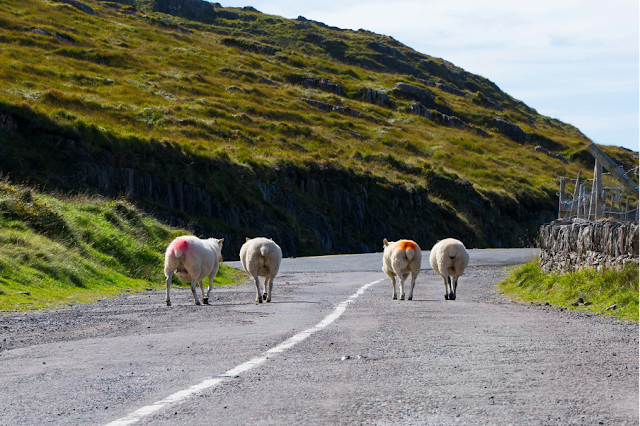Who will you receive today? Who will you welcome? How will you love?
Thirteenth Sunday in Ordinary Time - Reflection on the Gospel
Matthew 10:37-42
28 June 2020
Matthew 10:37-42
28 June 2020
Matthew’s account of Jesus’ instructions to his apostles continues this Sunday. Called by name, the twelve are sent out to proclaim the kingdom. Jesus has warned of possible rejection, hatred, persecution, family division and betrayal. One could be forgiven for feeling some trepidation, even reluctance, about being a disciple of Jesus. It is not for the fainthearted. What is Jesus doing? Does he want to scare off (potential) disciples? Despite the dire warnings, it seems not. Instead, Jesus offers encouragement, repeating ‘do not be afraid’ three times (10:26, 28, 31).
This is the context in which the striking triple claim in today’s Gospel is situated. Jesus’ focus is less on what disciples are to do and more on how they are to be, on their attitude. Jesus speaks of a wholehearted, single-minded commitment:
‘Whoever loves father or mother more than me is not worthy of me,
and whoever loves son or daughter more than me is not worthy of me;
and whoever does not take up his cross and follow after me is not worthy of me’ (10:37).
If taken literally, this seems overly demanding, even unreasonable. Moreover, it runs counter to Jesus’ continual emphasis on love and his pointing away from himself to his Father. It is not meant to be taken literally however. In the rabbinic tradition, Jesus’ words can be understood as hyperbolic, deliberately exaggerated to make a point. Matthew's Jesus is undeniably Jewish. He calls for a more rigorous adherence to the Mosaic Law than the scribes and Pharisees practice and insists he has come to fulfil the Law and the Prophets. Despite his extreme words, Jesus does not seek to break the covenant or dismiss the fifth commandment. He is not advocating abandonment of familial relationships and obligations but rather a reconsideration of priorities. Family and friends, although God-given gifts, can distract from something greater – Jesus and discipleship. Note those little words: ‘more than me’. It is a question of where one puts greater energy or focus. Jesus does not present an all-or-nothing choice: discipleship or family. It is both-and. Jesus’ emphasis on the Law, the core of which is love, means it has to be both-and: ‘love the Lord your God’ and ‘love your neighbour as yourself.’
A sense of being loved – and called – impels us outward to live and act in an authentic response to God’s love. This is discipleship, this is proclaiming the kingdom, this is loving Jesus ‘more’. Putting Jesus first does not take from loving others but rather is realised through love of family and neighbour in their broadest definitions. Making time for prayer however, to sustain our relationship with Jesus, is vitally necessary, allowing us to be both better disciples and better relatives. It helps us to focus on why we love so that how we do so becomes more possible. Even Jesus needed this, going away to be quiet, to connect with the Father, and modelling this for us, his disciples. Without that, we lose the ability to care well: we cannot pour from an empty cup. Then, we can love neither Jesus nor others.
What about discipleship in a time of Covid-19?
How does this Gospel relate?
Discipleship is demanding but is not beyond any of us. It is lived not just in grand sacrifices but in the smallest of gestures. Jesus states that when the disciples are welcomed, he is welcomed too – and by extension God (10:40). In our actions towards others, we love none other than God.
In these months of pandemic, we have witnessed discipleship, both in acts of extraordinary courage and selflessness and in basic kindnesses of people. This is the love that Jesus demands. It is not loving people more than Jesus but loving Jesus through them - and loving God in and through them. Jesus tells disciples that offering just a cup of water will not go unrewarded.
Imagine looking at those around us in this light, knowing that what we do for them, we do for God! With this awareness, who will you receive today, who will you welcome, how will you love?
image credit:
http://hiswordinpictures.blogspot.com/2011/05/matthew-1040.html




Comments
Post a Comment
Thank you for reading my writing. I'm interested to hear your thoughts - please share.